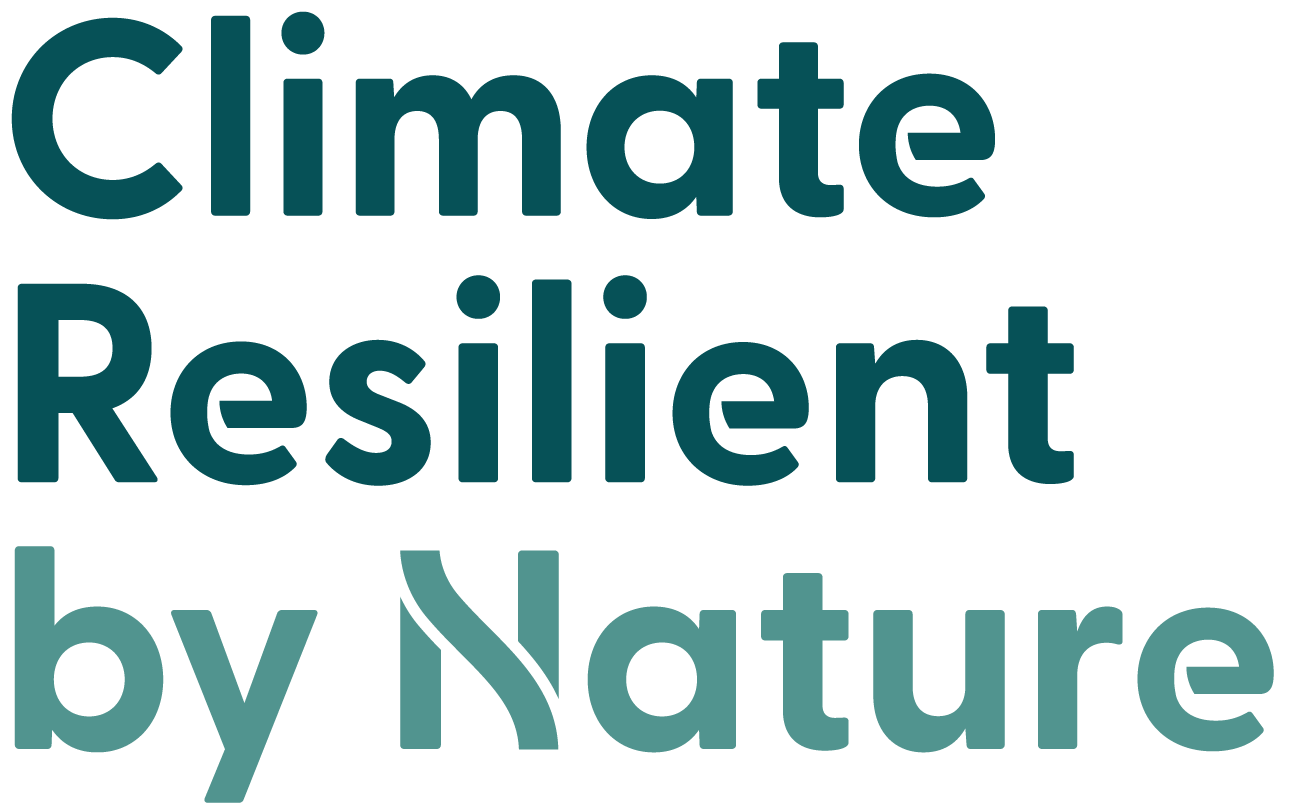Sea grapes as a nature-positive business solution
In a groundbreaking initiative, four communities in Western Province of Solomon Islands have launched a women-led community-based enterprise producing body lotion and soap made from sustainably harvested sea grapes. This is part of WWF-Pacific’s Nature-Positive Business for Climate Critical Ecosystems project, supported by Climate Resilient by Nature, an Australian Government-funded initiative.
Nerolyn, Elizabeth and Freda, sea grape harvesters with Dafisha Aleziru, WWF-Solomon Islands Community Outreach and Sustainable Livelihood Officer © WWF-Pacific / Andrew Bouro
Sea grapes, locally known as Revo or Ime is mostly harvested and sold by women and girls. “Income from sea grapes make up a large part of household incomes for many families, covering expenses such as school fees,” says Salome Tope, Field Coordinator for WWF-Solomon Islands in Gizo.
Sea grapes need healthy mangroves and reef ecosystems to thrive. However, unsustainable development and a rapidly changing climate are putting extreme stress on ecosystems. Sea grapes stocks have been impacted by overharvesting, run off from agriculture and the destruction of mangroves.
To address these challenges, the communities of Boboe, Pusiju, Sairagi and Kongulavata have been working to better manage their sea grapes and related ecosystems such as mangroves as part of the Nature-Positive Business for Climate Critical Ecosystems project.
“WWF-Solomon Islands has supported communities in developing sustainable management plans for their local reefs, sea grapes, and mangrove ecosystems. This means rules for when and how sea grapes can be harvested and how many baskets can be harvested as well as putting in place harvest closures for when the sea grapes need to regrow,” said Salome.
“Since the beginning of the project, monitoring of sea grape cover led by community rangers has shown sea grapes are healthier.”
However, sea grapes are fragile and have a short life span — meaning women need to carefully harvest, package and sell them at the market within a few days to maximise freshness, ensure good price and reduce waste.
To add value to sea grapes and maximise the benefits from the commodity, the conservation committees of each community have come together to pilot nature-positive business models. As part of this, the body lotion and soap made from sustainably harvested sea grapes were launched in May.
Viable models have the potential to incentivise communities to preserve climate-critical coastal ecosystems by adopting nature-based solutions.
“Customers were so interested in the products – they really liked them when they tested them and we are so happy and proud that we sold out quickly.”
Together, community-led management of marine resources and nature-positive business models can incentivise communities to preserve climate-critical coastal ecosystems by adopting nature-based solutions. Ensuring abundant sea grapes supplies supports food security, protects income streams and the development of value-added products diversifies livelihood opportunities, all while enhancing the functionality of climate critical ecosystems.
Left to right: Taru, a sea grape harvester and a customer; Sea grape products © WWF-Pacific / Andrew Bouro





